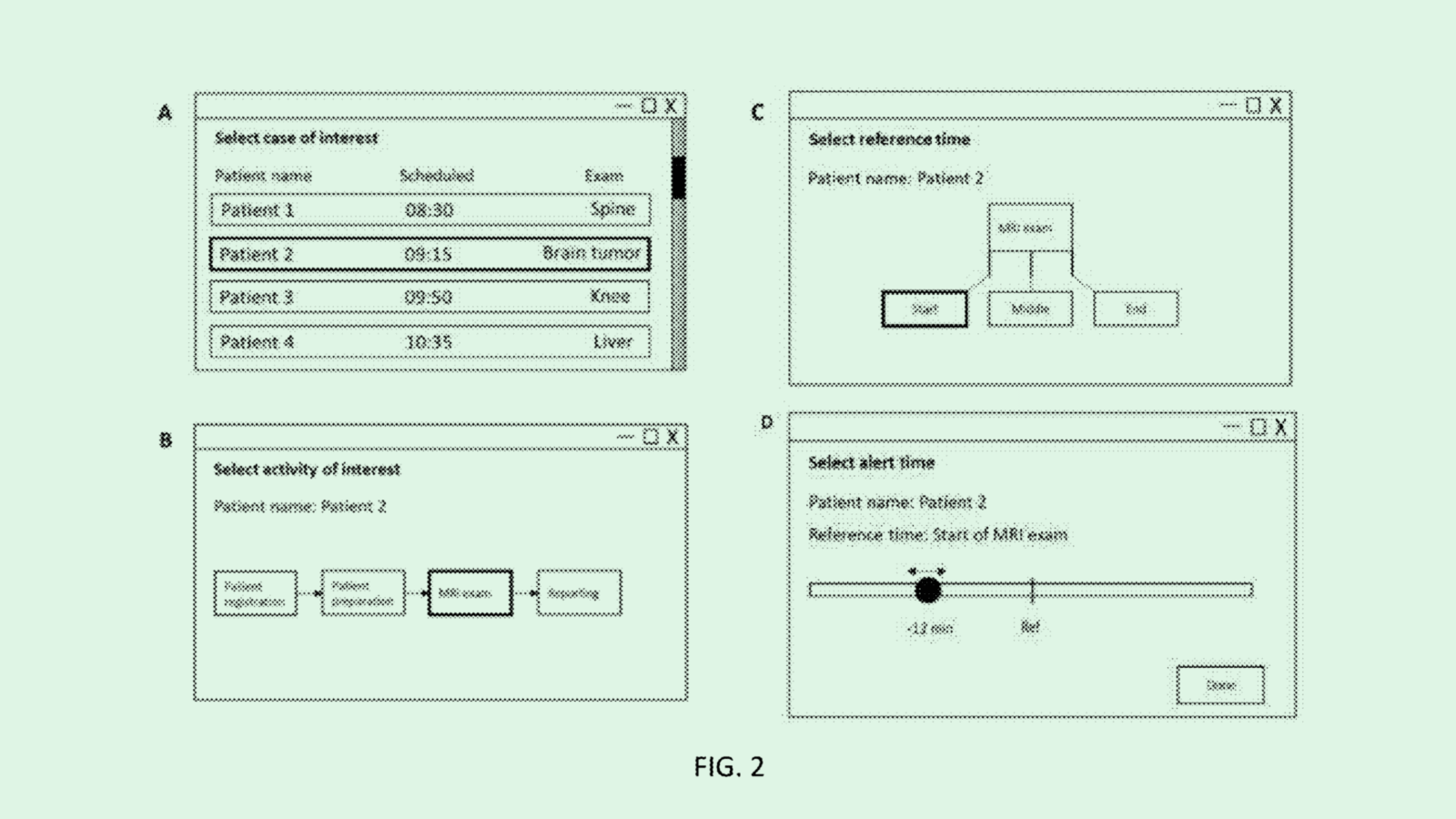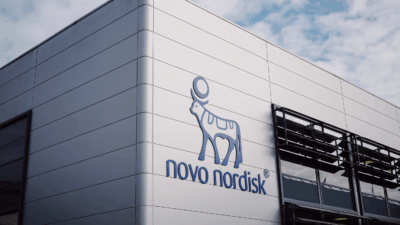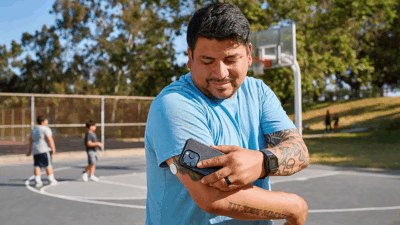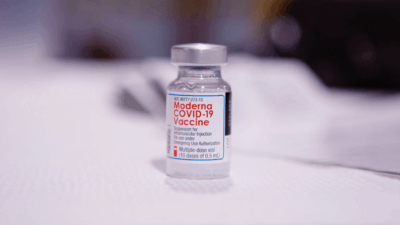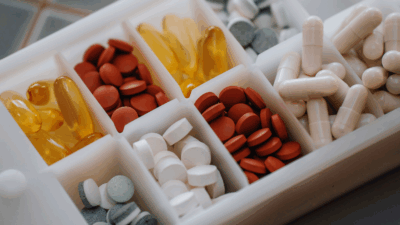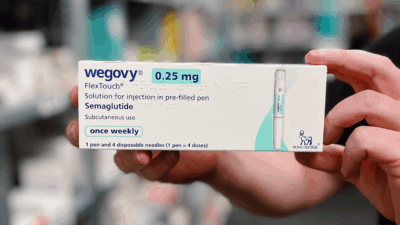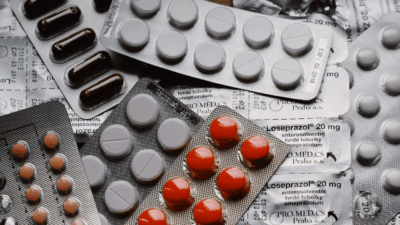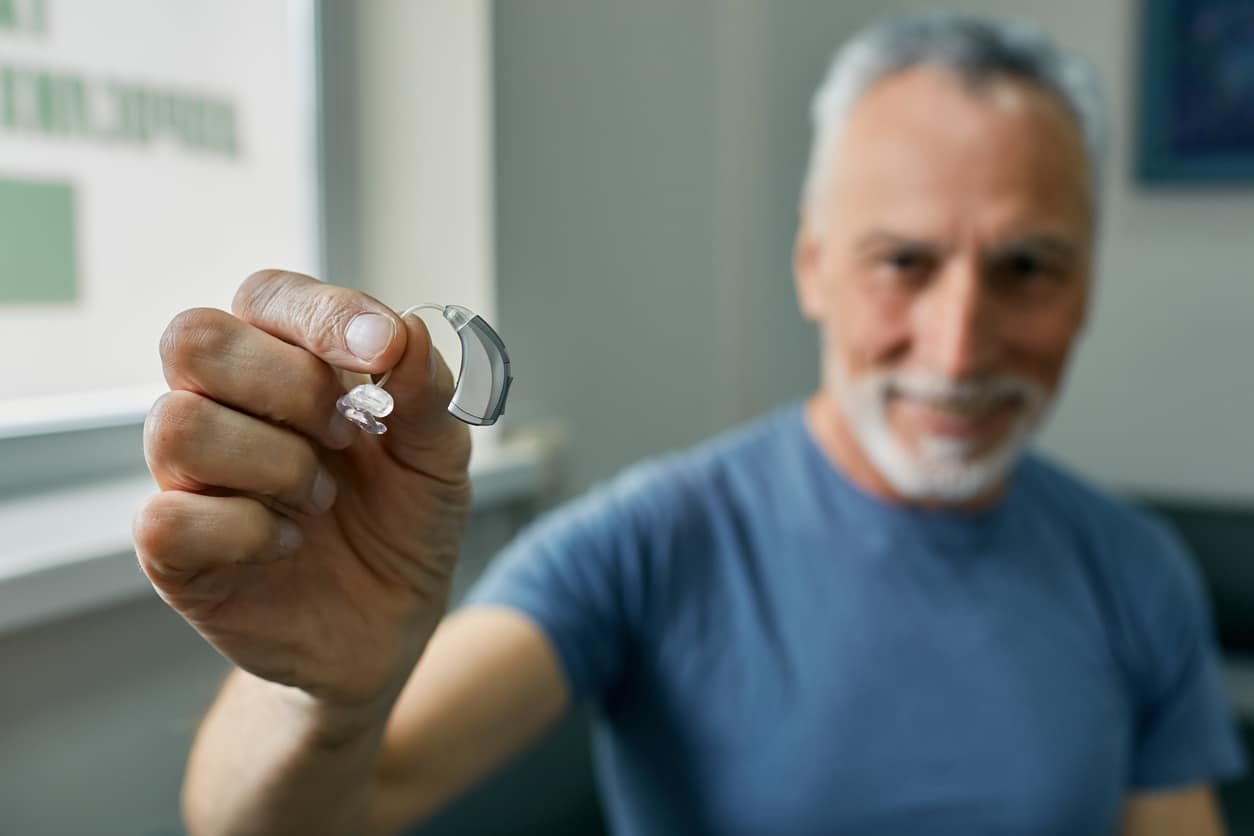
Sign up for smart news, insights, and analysis on the biggest financial stories of the day.
You heard it right.
On Tuesday, the Federal Drug Administration cleared the way for people with mild to moderate hearing loss to acquire hearing aids without a trip to a hearing specialist or a doctor’s prescription.
An Audible Boom
Hearing loss is no joke. Over 30 million Americans suffer from hearing loss, according to FDA statistics. But the cost of hearing aids — not covered by Medicare’s basic plan — is often prohibitive, leaving only 20% of those suffering to seek medical attention. For patients left untreated, health experts say hearing loss can contribute to depression and cognitive decline.
Now, the market for retail over-the-counter hearing aids is set to open in October, and advocates say it will shake loose an industry dominated by a few niche manufacturers:
- Currently, the average cost of one hearing aid is approximately $2,000, Dave Fabry, chief innovation officer at leading hearing aid manufacturer Starkey, told Forbes earlier this year. But most patients require hearing aids for both ears, and that typically comes after an expensive visit with an audiologist.
- The overall cost of hearing aids could drop as much as $2,800 in an open, OTC market, according to estimates from federal officials. That may be enough to reconfigure people’s healthcare priorities — a recent survey from the National Library of Medicine found adults aged 50 to 80 were about twice as likely to seek out an eye exam or take their pet to the veterinarian than have their hearing evaluated.
In One Ear: The iPod generation has spent most of their lives with headphones and earbuds thumping away at their eardrums on a near-constant basis. Now, the FDA ruling clears the canal for the same headphone manufacturers to reconfigure their products into hearing devices. Bose and Jabra have already launched products skirting the FDA line between headphones and hearing devices (typically marketed as “hearing-enhancing”). Apple, ever eager to fully break into the medical tech field, has already introduced a “Conversation Boost” feature to its AirPod Pros, and reports suggest it could dive into the space even further. And that’s not just hearsay.
